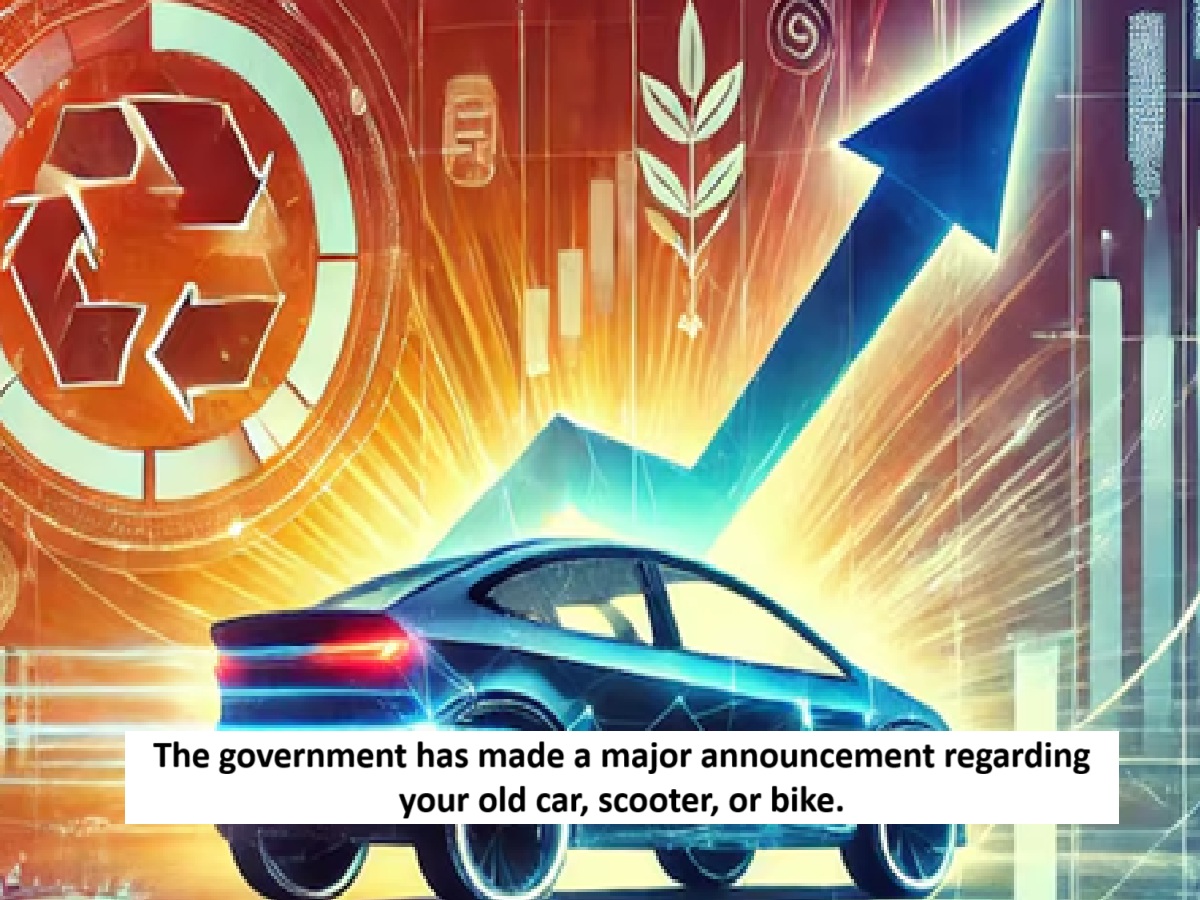
News Topical, Digital Desk : The government has released a draft bill significantly increasing fitness certificate renewal and testing fees for older vehicles. Separate slabs have now been created for vehicles older than 10 years, and a higher tax has been imposed on commercial vehicles older than 20 years. This move is aimed at removing older vehicles from the road and controlling pollution. Auto stocks saw a surge today, as demand for scrappage and new vehicles is expected to increase.
The government has taken a major decision regarding old vehicles and has issued a proposal for a huge increase in the fees for fitness test and certificate renewal. In these draft rules issued on 27 August 2025, the entire slab for old vehicles has been changed. Earlier there was a category of 'more than 15 years', but now it has been implemented on vehicles older than 10 years.
This step directly means that the government is now implementing more stringent rules to remove 'aging vehicles' from the road. Its positive effect has been seen in the auto sector and auto stocks. New fees for old vehicles... Increase of 10 to 20 times The government has clearly said that by imposing higher fees on any old vehicle, people will be encouraged to replace it. (1) Motorcycles (2W) 10–15 years old: ₹200 More than 20 years old: ₹2,000 Up to 10 times hike (2) 3-Wheelers 10–15 years old: ₹200 More than 20 years old: ₹7,000 (3) LMV (Cars) 10–15 years old: ₹200 More than 20 years old: ₹15,000 Big blow for car owners (4) Medium Goods Vehicle More than 20 years old: ₹20,000 (5) Heavy Goods Vehicle (Trucks) More than 20 years old: ₹25,000 Biggest hike in commercial category The government's intention is clear...the older the vehicle, the higher the fees. This clearly indicates that the use of older vehicles will decrease in the coming months, and sales of new vehicles may increase. Auto stocks will be impacted. The market believes that the increase in fitness test fees will encourage people to prefer buying new vehicles over older vehicles. These companies could directly benefit from this: - Maruti Suzuki (car sales may increase) - Tata Motors (benefits from both commercial and PV) - Ashok Leyland (large CV vehicles benefit the most) - Hero MotoCorp, Bajaj Auto (2W replacement demand) - Eicher Motors (trucks and Royal Enfield) For the auto sector, these rules will do the same thing as the scrappage policy: speed up the replacement cycle. The government's primary objective is that older vehicles cause more pollution, impact road safety, increase maintenance costs, and lower mileage leads to higher fuel consumption. Therefore, the government wants to reduce the number of 20–25-year-old vehicles on the road, and encourage people to shift toward newer technology and BS6 vehicles.
Read More: Tata Group company faces serious allegations in this country - demand for compensation worth crores
--Advertisement--

 Share
Share



